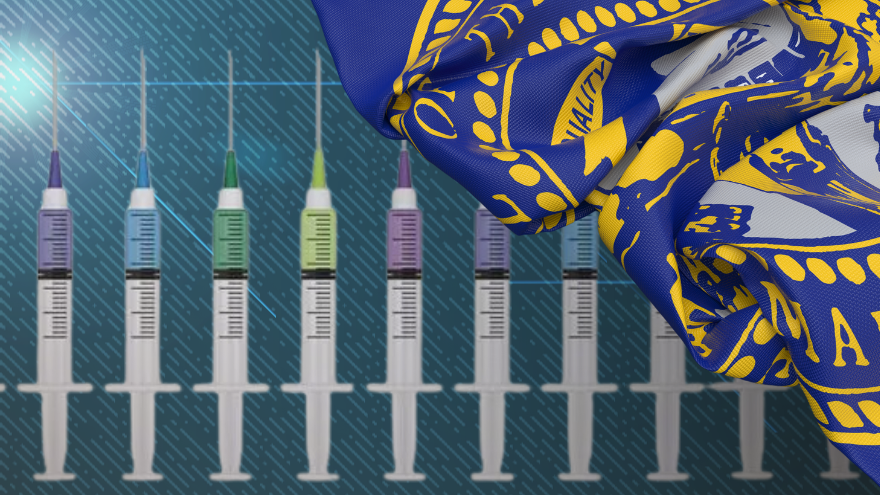Nebraska is considering creating a state-funded sterile needle distribution program.
The proposed legislation would authorize pharmacies and public health programs to provide hypodermic syringes or needles to intravenous drug users to prevent the spread of diseases such as HIV. The possession or distribution of drug paraphernalia “knowing, or under circumstances in which one reasonably should know, that it will be used to manufacture, inject, ingest, or inhale or otherwise be used to introduce” a controlled substance into the human body.
Violations of state law can result in a Class II misdemeanor charge, which can be punished by up to six months in jail and a $1,000 fine.
Local jurisdictions would need to authorize eligible institutions to participate in the needle distribution programs, which are not required.
Bill 307 cleared its first legislative hurdle on Jan. 26 after the Nebraska legislature voted in favor of the policy on a 37-2 vote.
State Senator Megan Hunt, who introduced the bill on Jan. 11, thanked her colleagues for their bipartisan support.
“Instead of just voting no, you brought your questions to me and we resolved them,” Hunt said, per WOWT. “That’s really what we were sent here to do. That’s what the work of lawmaking is about.”
Syringe exchange programs (SEPs) or Syringe services programs (SSPs) were operational in over 40 states as well as Washington, D.C. as of 2022, per KFF. In addition to providing sterile needles, the programs may also offer safe syringe disposal, referrals to substance abuse treatment programs, screenings for STDs, and information on “overdose prevention and safer injection practices.”
According to the Centers for Disease Control and Prevention: When people who inject drugs use an SSP, they are more likely to enter treatment for substance use disorder and stop injecting than those who don’t use an SSP. New users of SSPs are five times as likely to enter drug treatment as those who don’t use the programs. People who inject drugs and who have used an SSP regularly are nearly three times as likely to report a reduction in injection frequency as those who have never used an SSP.
Needle exchange programs have critics who express concern about the potential impact of the neighborhoods where these services are offered. Council members and the mayor of Fresno, California objected to the installation of a needle exchange program in September. They argued it would reverse the city’s efforts to revitalize its downtown and could deter businesses from investing in the community.
Alabama Senator Tommy Tuberville argued in an August letter that the syringe support program offered by the Department of Veterans Affairs was in violation of laws in at least six states and questioned the ethics of using taxpayer dollars for the programs.
“Nebraska isn’t known for progressive drug policies. Residents have no legal access to cannabis, for example, even medical,” notes Filter Mag on Jan. 30. “In 2021, the state health department and pharmacy association did launch a statewide program to make it easier for people to find and receive free naloxone.”
Nebraska’s bill will ultimately be approved through one more round of voting before being submitted to Governor Jim Pillen for review.

